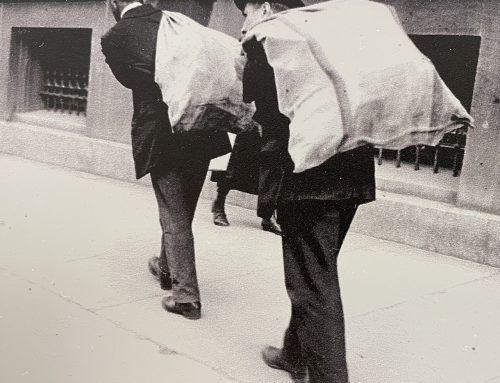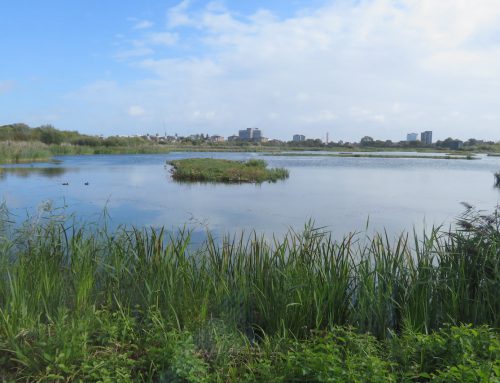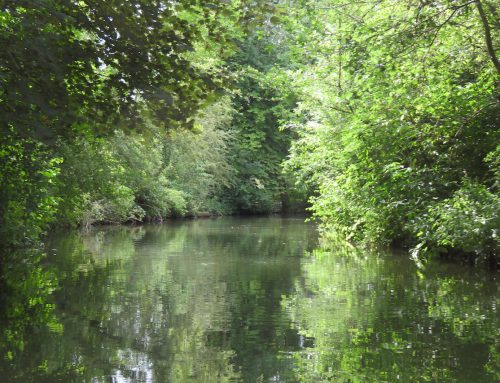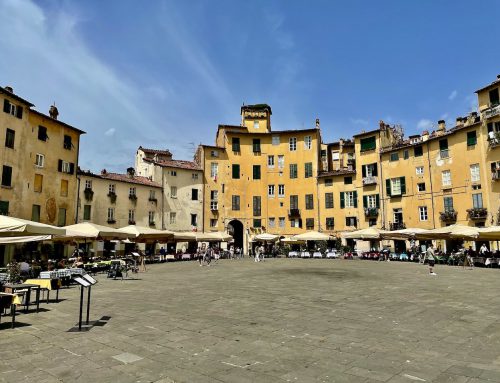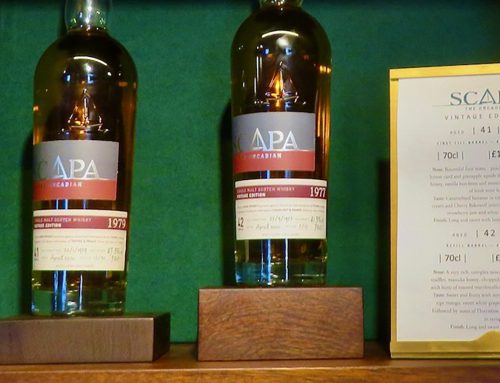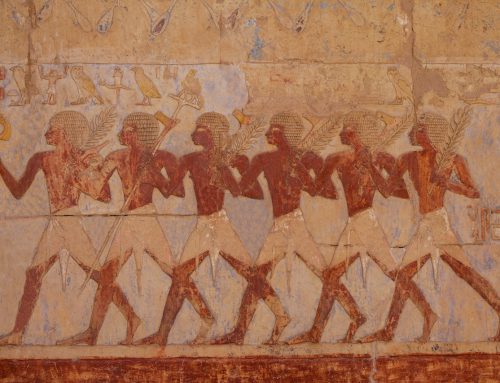Highways and Heatwaves – a road trip to Madrid
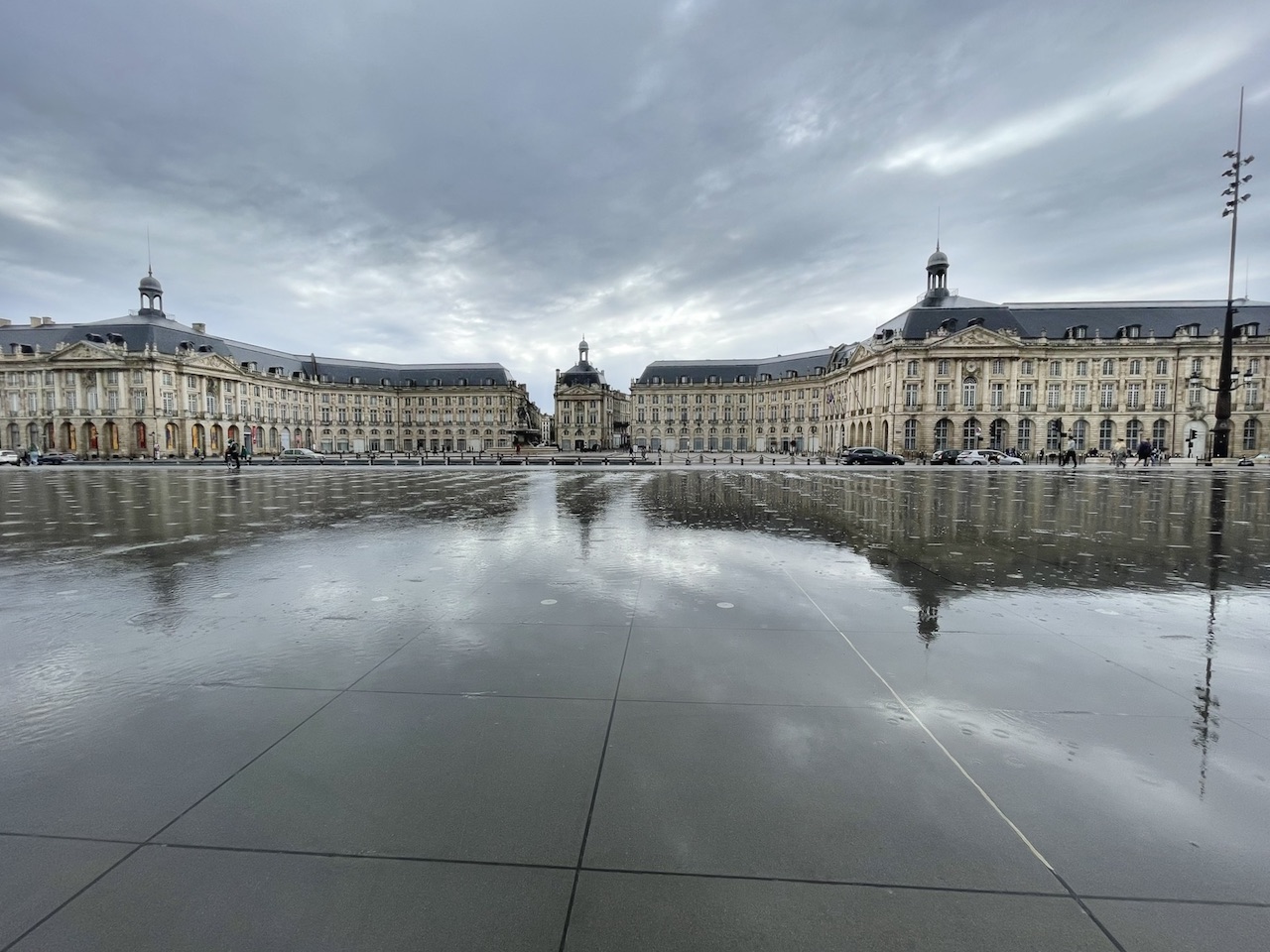
Miroir d'Eau in Bordeaux

Miroir d'Eau in Bordeaux
On the road to Madrid
Beginning in the rain – a very British departure
There is something very British about beginning an adventure in the rain. Mine started in the Lake District, the clouds hanging low, the wind nudging drizzle against the windows. I was sitting at my desk, about to drive to Madrid. The satnav promised 1342 miles. My ageing Audi Q5, part-electric, part-guilty conscience, was already humming on the driveway.
Why I refused to fly
People asked why I did not fly. Two and a half hours from Manchester to Madrid, they said, and you will be there in time for tapas. But flying now feels almost indecent. We have known for years that aviation punches above its weight in climate terms. It is responsible for roughly 2.5 per cent of the world’s CO₂ emissions, but because those emissions are released high in the atmosphere, their warming effect is magnified. A single passenger flying from London to Madrid produces about 234 kilograms of CO₂ equivalent, more than the average person in Madagascar produces in a year. I could not bring myself to do it, so I drove instead.
Lessons from the road - the small habits that heat the planet
I learned a great deal about travel on the way to Madrid. Mostly, we are destroying the planet even when we think we are being careful. Take air-conditioning, for example. My first night in France was cold, perhaps because I had flicked the switch on. By morning, I felt faintly virtuous, having resisted the hotel’s heating, until I realised that cooling is one of the world’s greatest energy drains and my use of the air-conditioning should have been a non-starter. It already uses about ten per cent of all electricity generated globally, and the International Energy Agency expects the number of air-conditioning units to double by 2050. That extra cooling alone will emit as much CO₂ as the USA produces today. That single comfortable night in Rouen was part of a vast, invisible warming machine.
The motorway classroom
My journey south became a moving tutorial in how consumption multiplies. The motorways were lined with pylons and turbines, and the service stations were full of electric vehicle chargers that were either occupied or broken. Fossil fuels still ruled the show. At the petrol pumps, cars idled as their drivers queued for coffee, burning fuel to stand still. The figures are sobering. Ten thousand cars idling for an hour release more than forty tonnes of CO₂, equivalent to flying 250 people from London to New York. Multiply that by the world’s traffic jams and the sums become frightening.
Plastic bags and polite denial
I found myself noticing things I might once have ignored. Rubbish, for example. The world produces about 400 million tonnes of plastic every year, and less than ten per cent is recycled. Everything else ends up buried, burned, or adrift. I had stopped in London en route, and leaving my flat in the morning, I added my own rubbish bag to the pile on the street corner. It looked harmless enough, but multiplied by billions, those bags become an environmental wrecking ball. And still we make more. Even the protective tubes around new saplings in the French vineyards were plastic. We are a species that wraps life in polymer and calls it protection.
Fields of fuel – the cost of food and farming
The countryside was no better. France looked green at a glance, but the leaves were yellowing at the edges. The fields were dominated by maize and sunflowers in endless ranks, the land worked but the workers unseen. Industrial farming now feeds us but also heats us. Agriculture contributes roughly a third of global greenhouse gas emissions, and monoculture removes the natural resilience that diverse ecosystems once provided. A single bad season can flatten a region. France, like much of Europe, has been swinging between drought and flood, the soil first baked hard and then washed away. I drove through one of those downpours, watching cars stall in water as rivers overflowed onto their floodplains.
Spain’s parched heart
Spain was worse. The Meseta plateau, the vast heart of the country, lay dry and brittle under a hard blue sky. This is land on the edge of desertification. Around three-quarters of Spain’s territory is now at risk of turning to dust. The reservoirs I passed were nearly full, the result of recent storms, but the green around them was deceptive. Water is borrowed here, not owned. Agriculture drinks about eighty per cent of Spain’s supply, and the competition for what remains is growing fierce.
Travel as quiet violence
Driving south, I began to understand how travel, even travel undertaken carefully, is an act of environmental violence. Each decision, each small comfort, leaves a trace. Cooling, fuelling, eating, littering. Even the croissants at breakfast carried their own carbon tale. The coffee I sipped had crossed oceans. The Tunisian dates I ate in the car were delicious but absurd, having flown thousands of miles to end up in my hands. The vineyards that flanked the road were beautiful, but they too were monocultures, producing bottles destined for export to every corner of the world. We call it culture, but it is freight all the same.
Nature fights back
And yet, there were moments of grace. A single tree left standing in the middle of a harvested field. Someone had spared it, perhaps for shade, perhaps out of stubbornness. Above it, buzzards and kites circled, surfing the thermals that rose from the tarmac. Nature was not giving up. Even after a wildfire near Madrid, I saw green shoots pushing through the ash, the smell of smoke still sharp in the air. Nature rebuilds when we stop getting in her way.
The arithmetic of waste
What struck me most on this journey was the arithmetic of waste. The roads were full, but the cars were empty. In the United Kingdom, the average occupancy is 1.55 people per car, which means almost half the seats are going to waste. Each empty seat represents a needless doubling of emissions. A simple lift shared, a journey planned together, would halve the harm. It is not difficult. It is merely inconvenient.
Motion without meaning
The paradox of modern travel is that we move faster than ever yet seem to notice less. We have confused motion with purpose. Standing at a French service station, I watched a family of four take selfies beside their car, then climb in and drive thirty metres to the next parking bay. That is not travel. That is madness on wheels.
Madrid in the heat
By the time I reached Madrid, the temperature had climbed to twenty-eight degrees Celsius. Burgos that morning had been seventeen. A vertical mile of declining altitude and a different climate altogether. The city was beautiful but anxious. Low-emission zones have been introduced, permission being needed even to drive into the city centre. It took me several days to obtain a temporary pass, which felt about right. We should not expect to burn fuel freely in a place already baking.
What the road taught me
What did I learn from all of this? That we have made travel into both a pleasure and a punishment. It enlarges the mind but shrinks the planet. It gives us stories to tell but costs the earth to gather them. I began the trip believing that avoiding a flight would make me virtuous. By the time I returned, I knew better. Every form of travel leaves a footprint. The trick is to make it smaller and to walk more lightly over what remains.
Small changes, big difference
The solutions are not glamorous. Share the car. Kill the engine in queues. Carry a bottle instead of buying one. Take the slower train when you can. Cool less. Pack less. Think more. Above all, remember that journeys are meant to teach us something. Mine taught me that climate change is not coming. It is here, waiting at every toll booth, every service station, every set of traffic lights.
Hope on the horizon
Still, I am not without hope. The road south showed me damage, yes, but also resilience. Rivers swollen but flowing, vineyards parched but alive, people trying, even if clumsily. The planet is astonishingly forgiving. Give it half a chance, and it heals itself. What it cannot survive is our indifference.
The journey, not the destination
I arrived in Madrid dusty, thoughtful, and more than a little chastened. I had been invited to give a lecture to a humongous crowd, a talk about global healthcare inequality. I gave it, yes, but took away a reinforced observation that the earth is running a fever, and we are the cause.
I have decided that next time I travel, I will travel differently. I will still go, but I will go slower. I will pay attention to the verges, to the birds, to the farmers who leave their trees standing. I will take the longer route if it means learning more along the way. And perhaps, if enough of us do the same, we might yet find a way to keep the planet alive long enough to enjoy it.
The journey taught me one final truth. The destination is rarely the point. The joy lies in the road itself, in the noticing. So yes, drive if you must. Fly if you must. But do it with your eyes open.
The world deserves that from you.
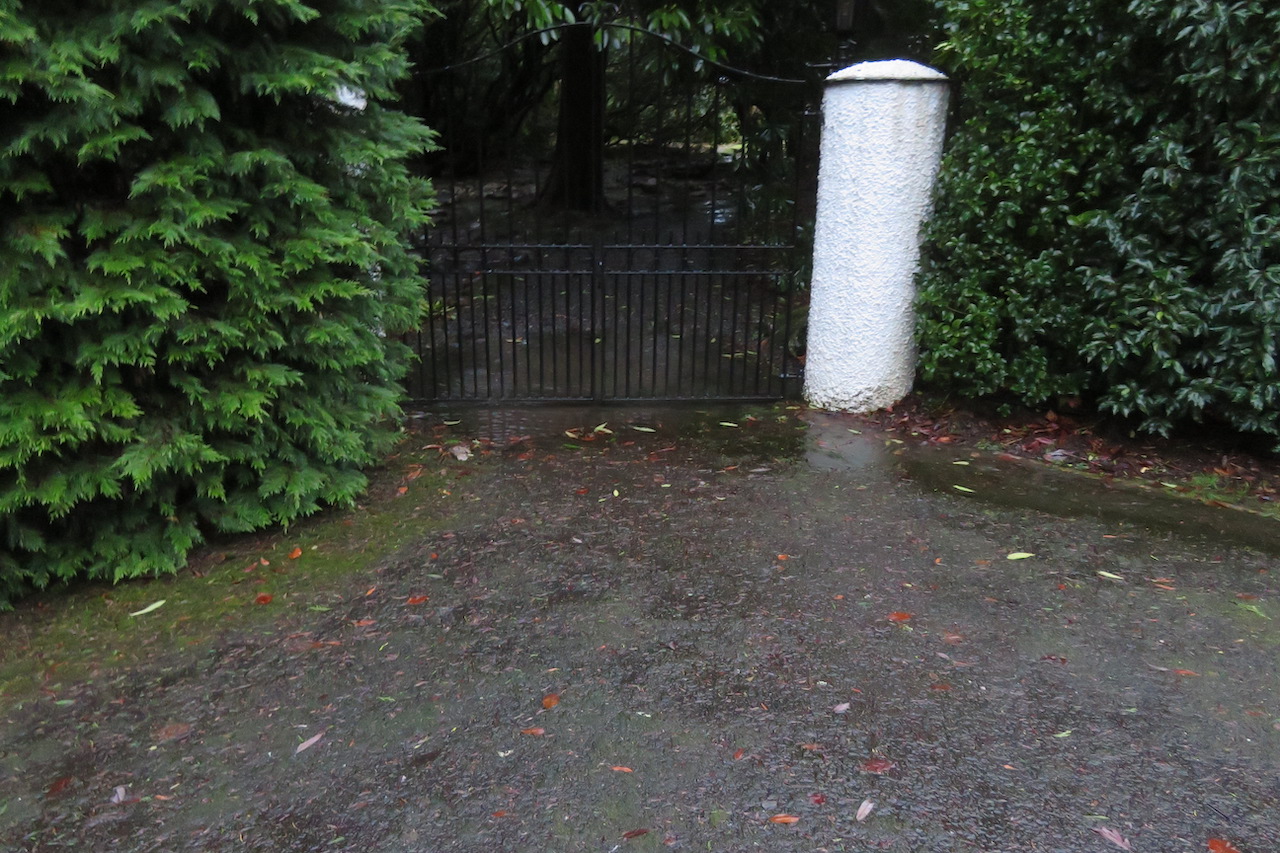
It was chucking it down in the Lake District before I left
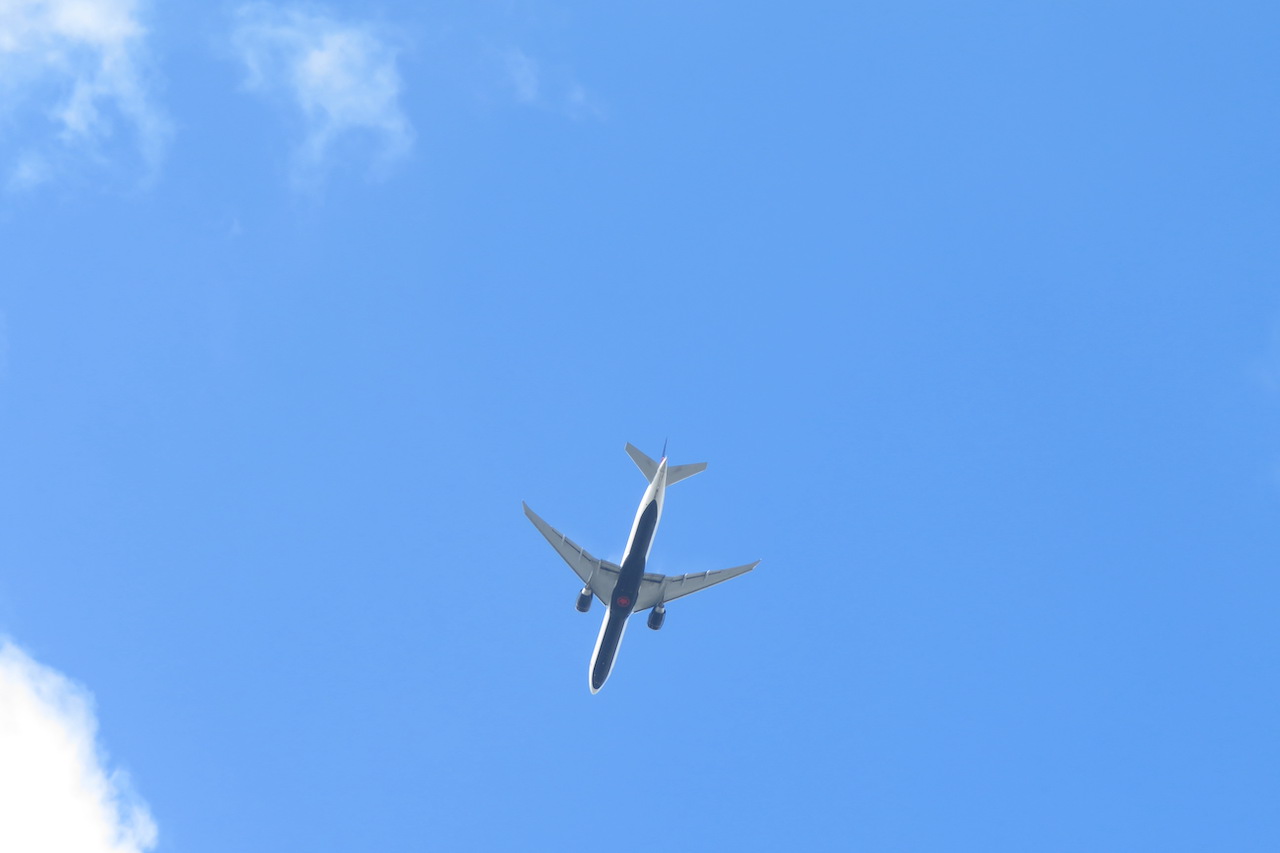
I could have flown but decided better of it
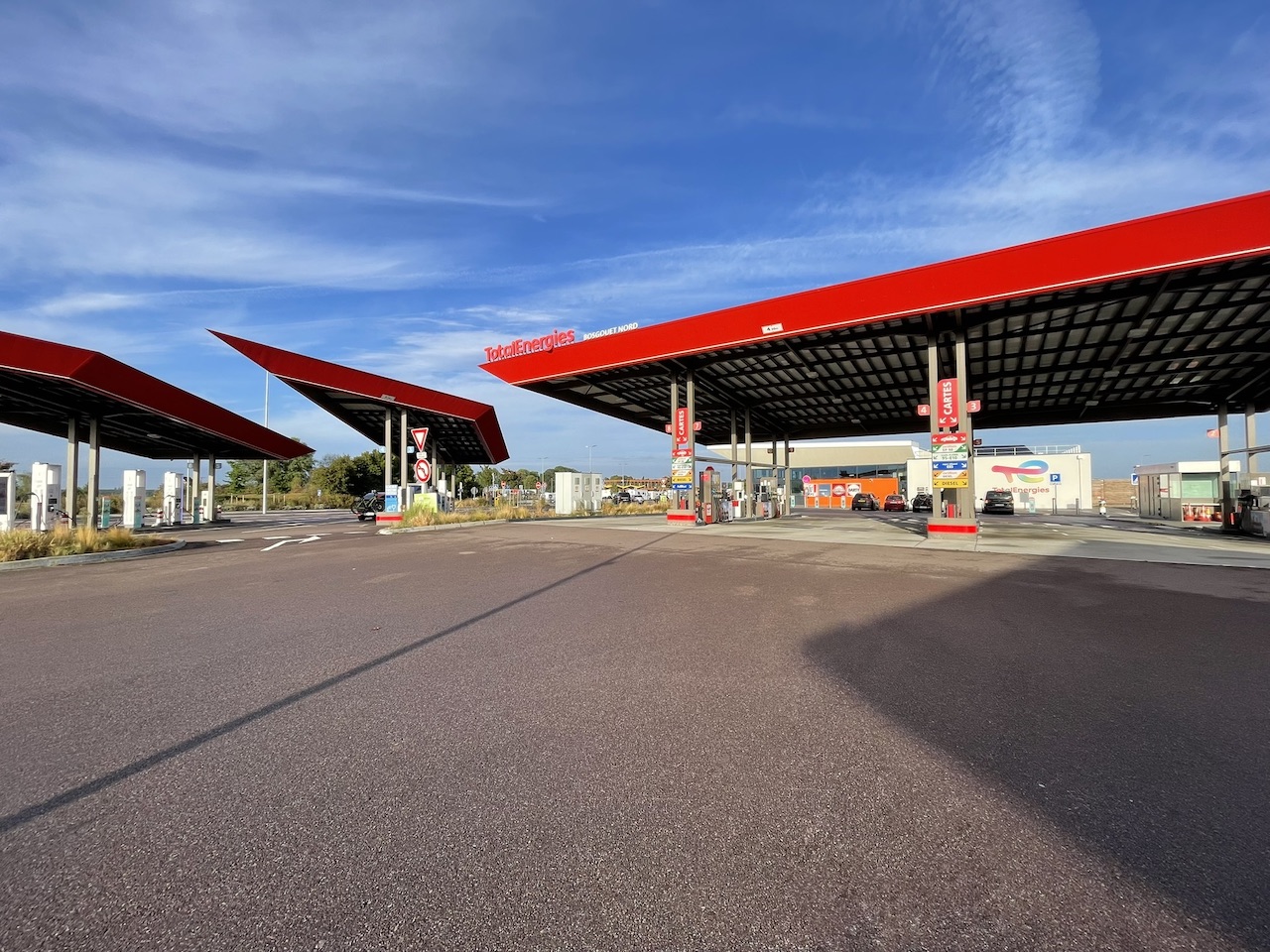
Plenty of fossil fuel pumps and a handful of charging points (see left) - dear me
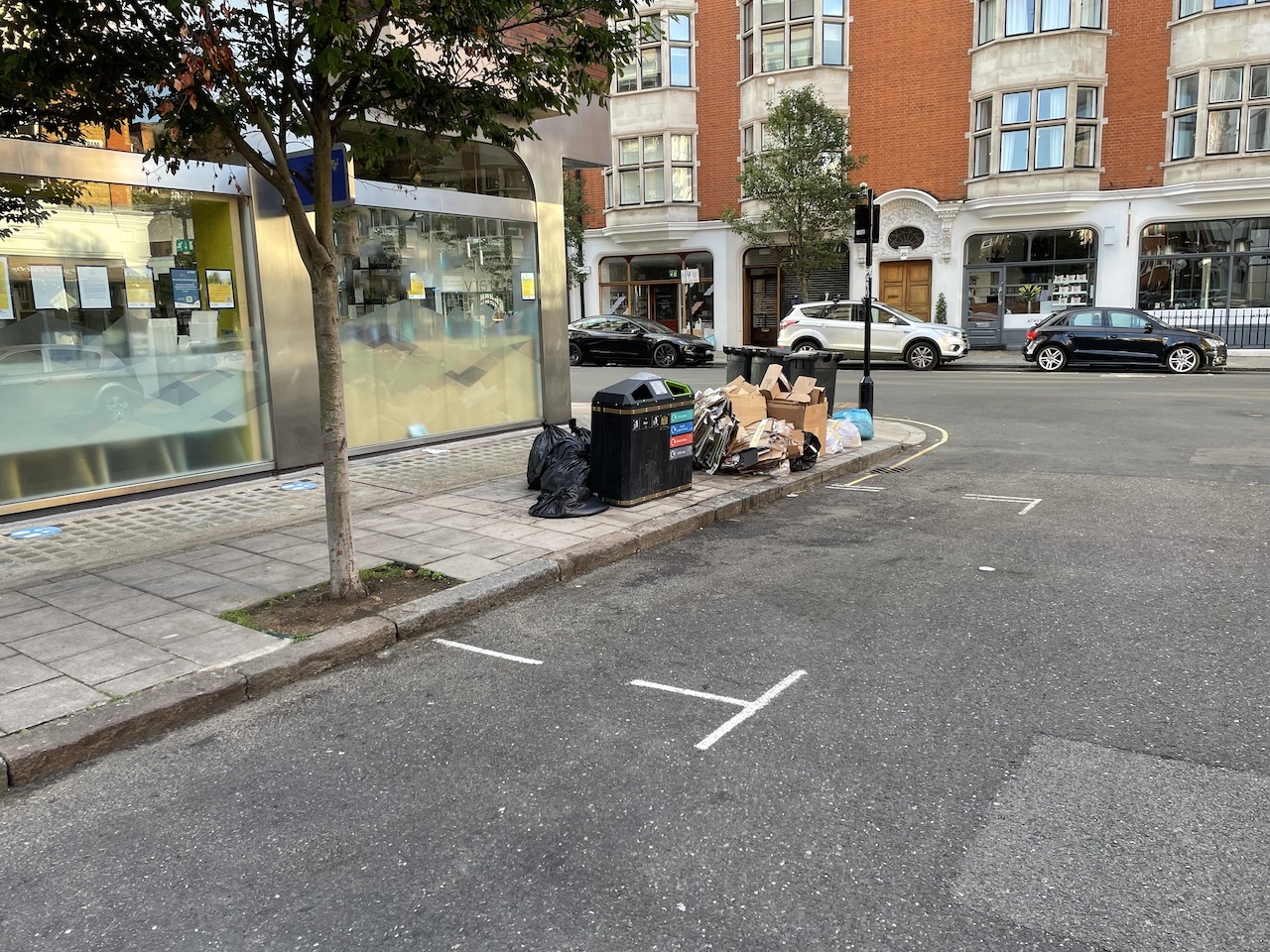
Rubbish bags in London
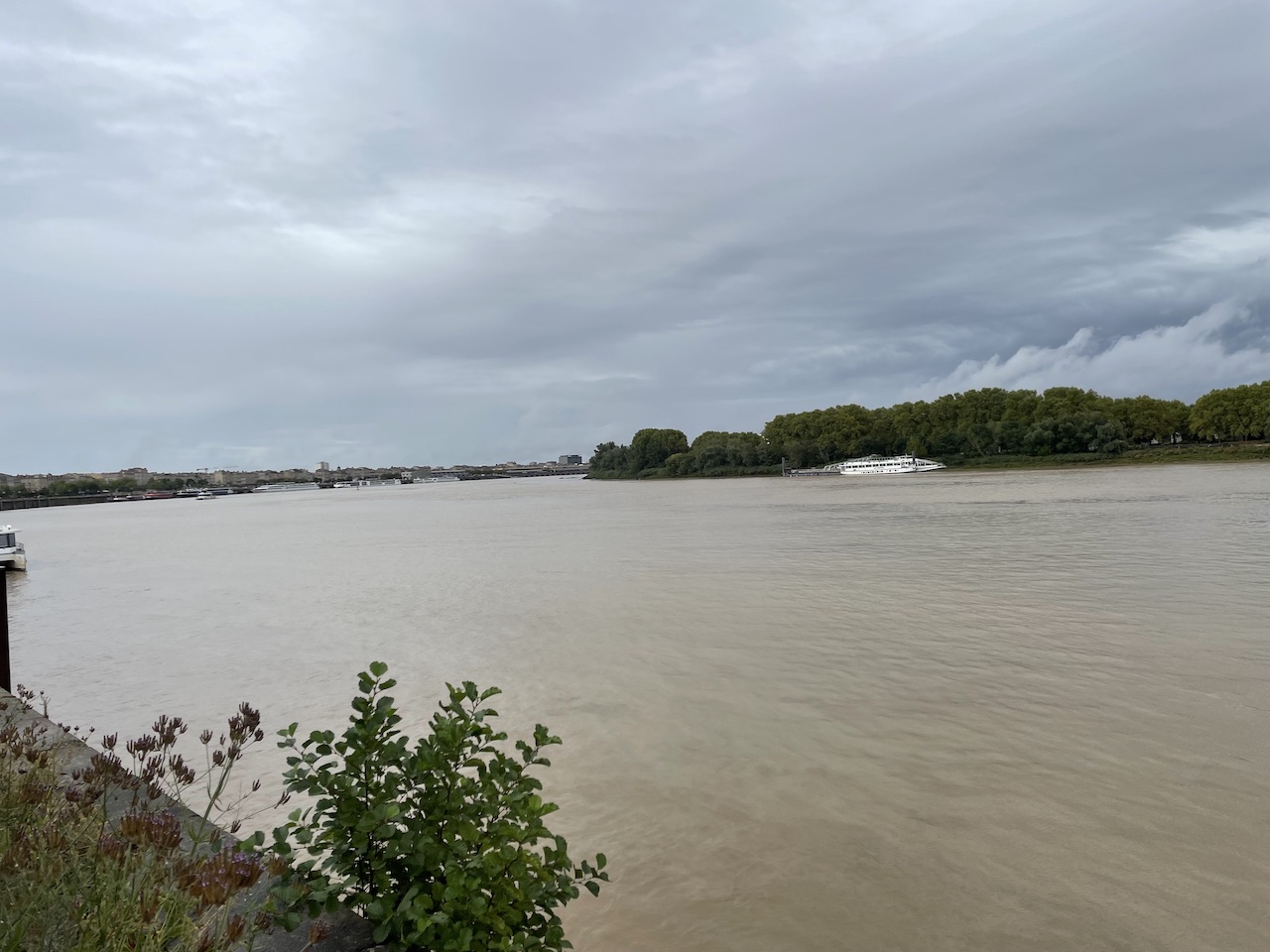
A flooded River Garonne in Bordeaux
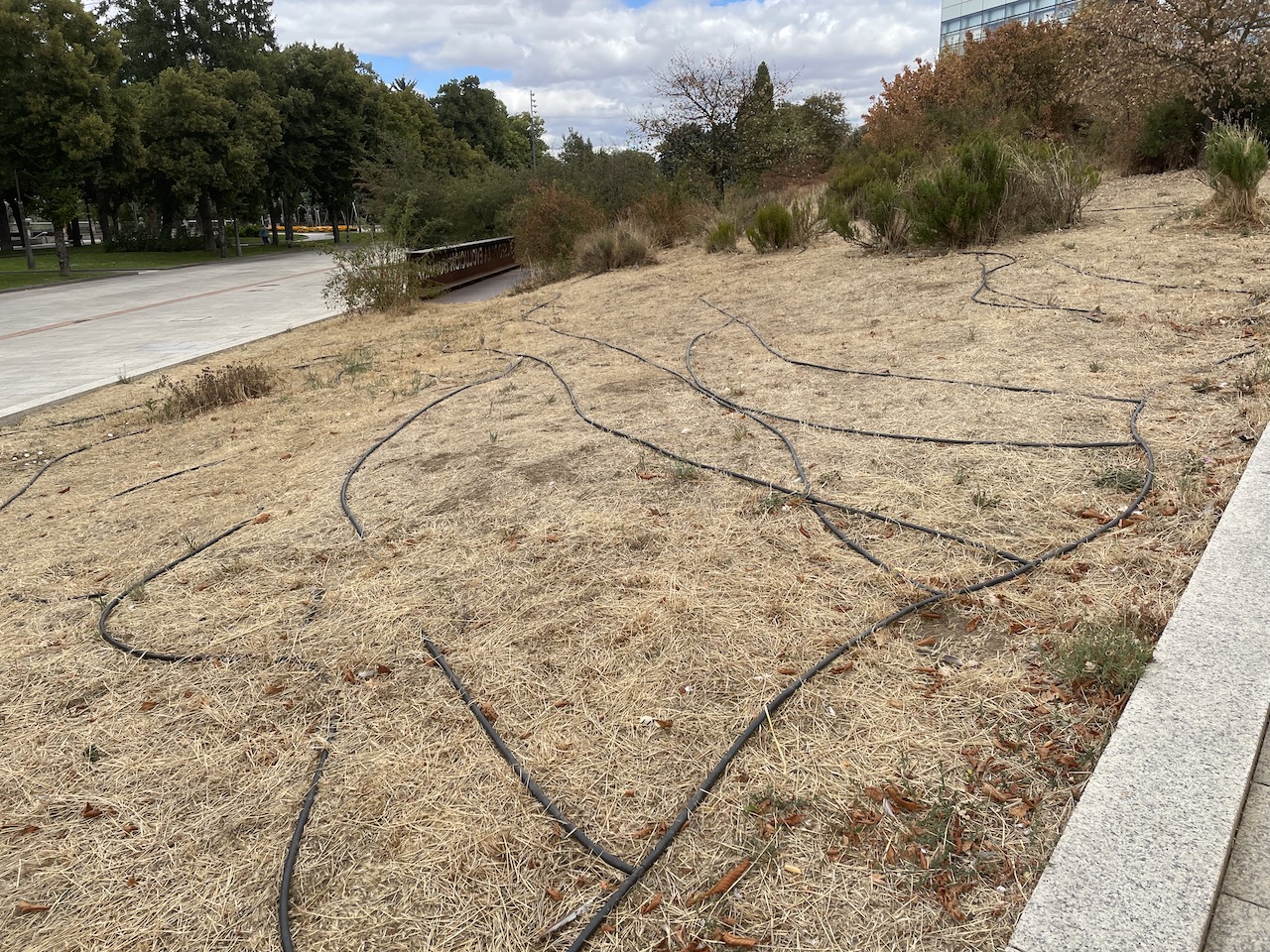
Burgos in Spain was dried out
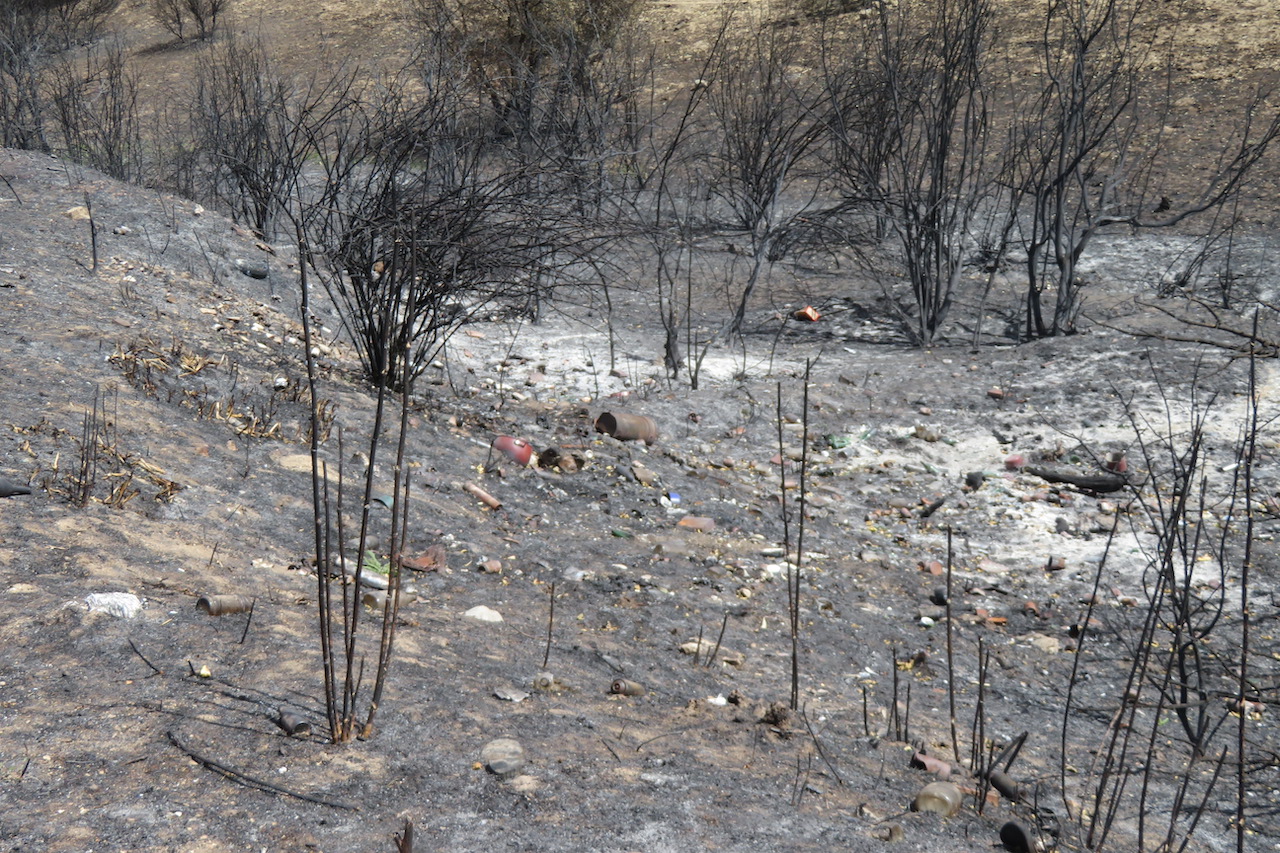
One of Spain's wildfires went this way
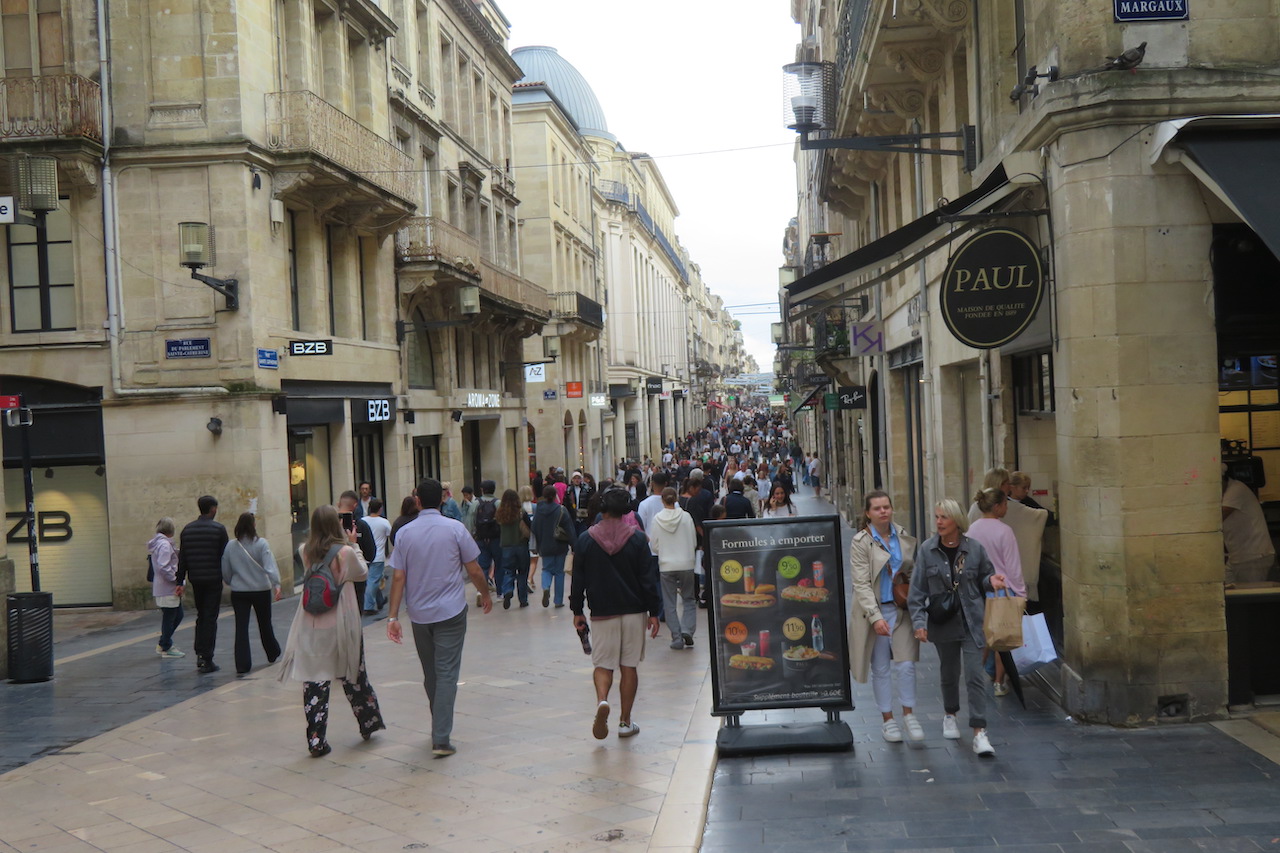
There are too many of us for a single planet
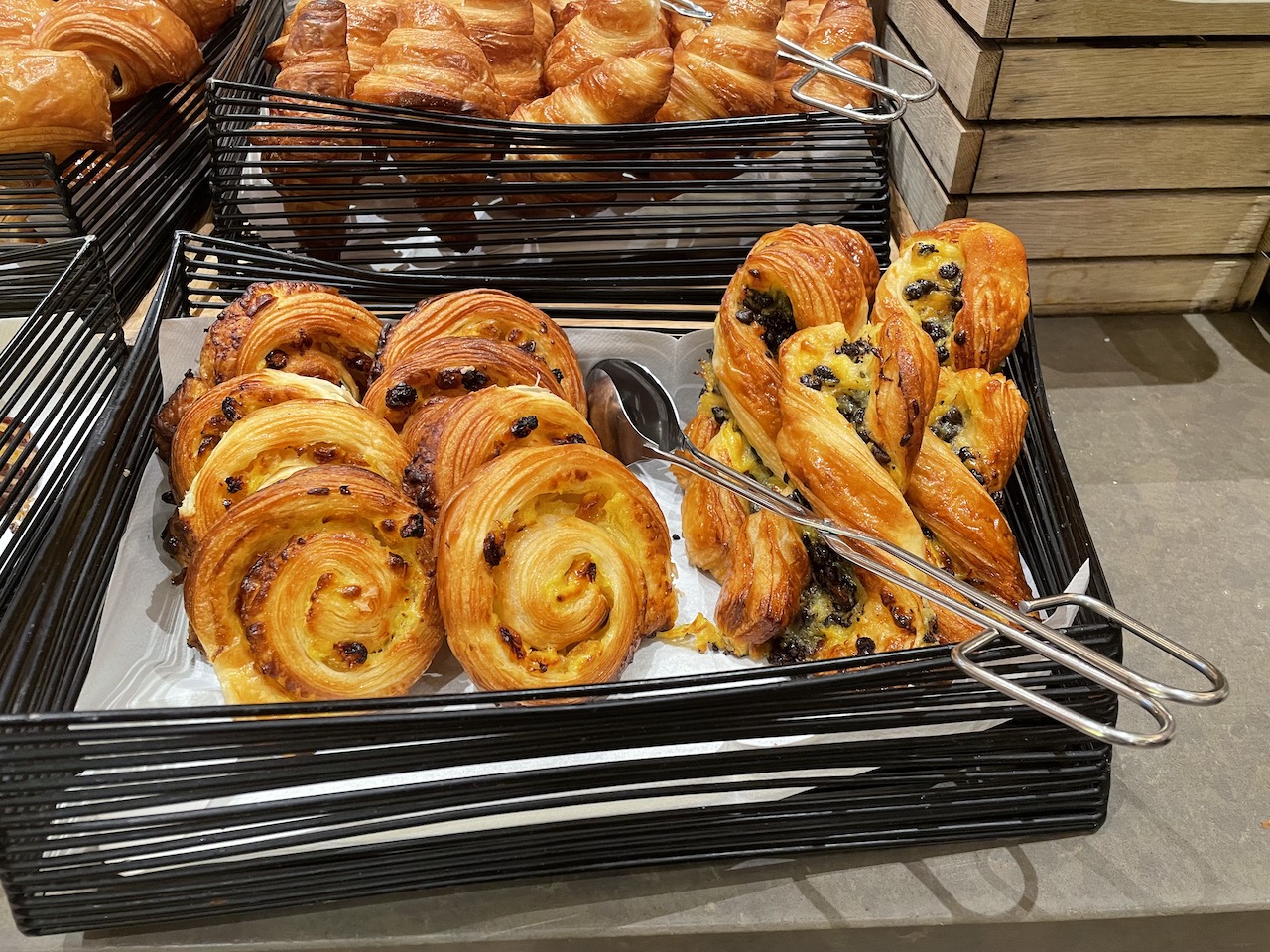
At least they were not imported

